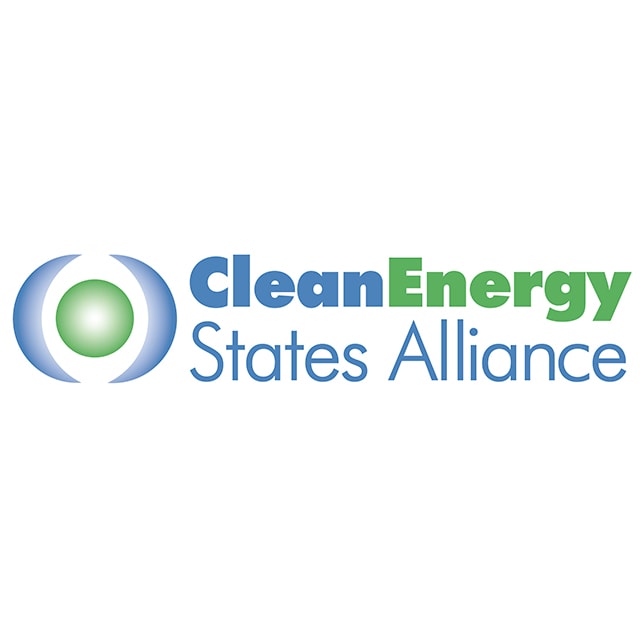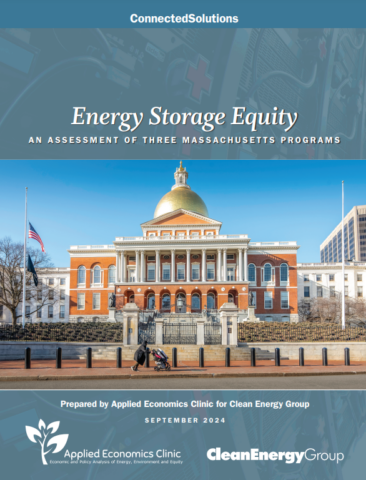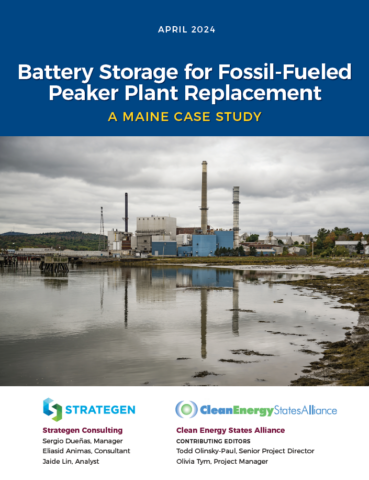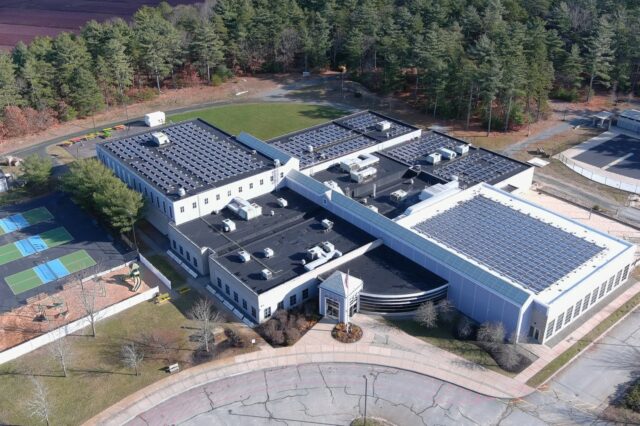Energy Storage Policy and Regulation
Advancing energy storage policies, programs, and regulations to accelerate an equitable clean energy transition.
The clean energy revolution will be built on a foundation of flexible, responsive energy storage technologies. Supporting the equitable scale-up of those technologies, and the development of markets, is the task of state policy and regulation.
Energy storage not only enables the integration of increasing levels of variable renewable generation, it can make the transition to a cleaner grid more efficient, cost-effective, and inclusive. Clean Energy Group works with a diverse array of stakeholders across the country to develop coordinated state, regional and federal policies, programs, and regulations that will unlock the potential of energy storage and deliver benefits to every participant on the electric grid, from grid operators and utilities, to communities and individuals.
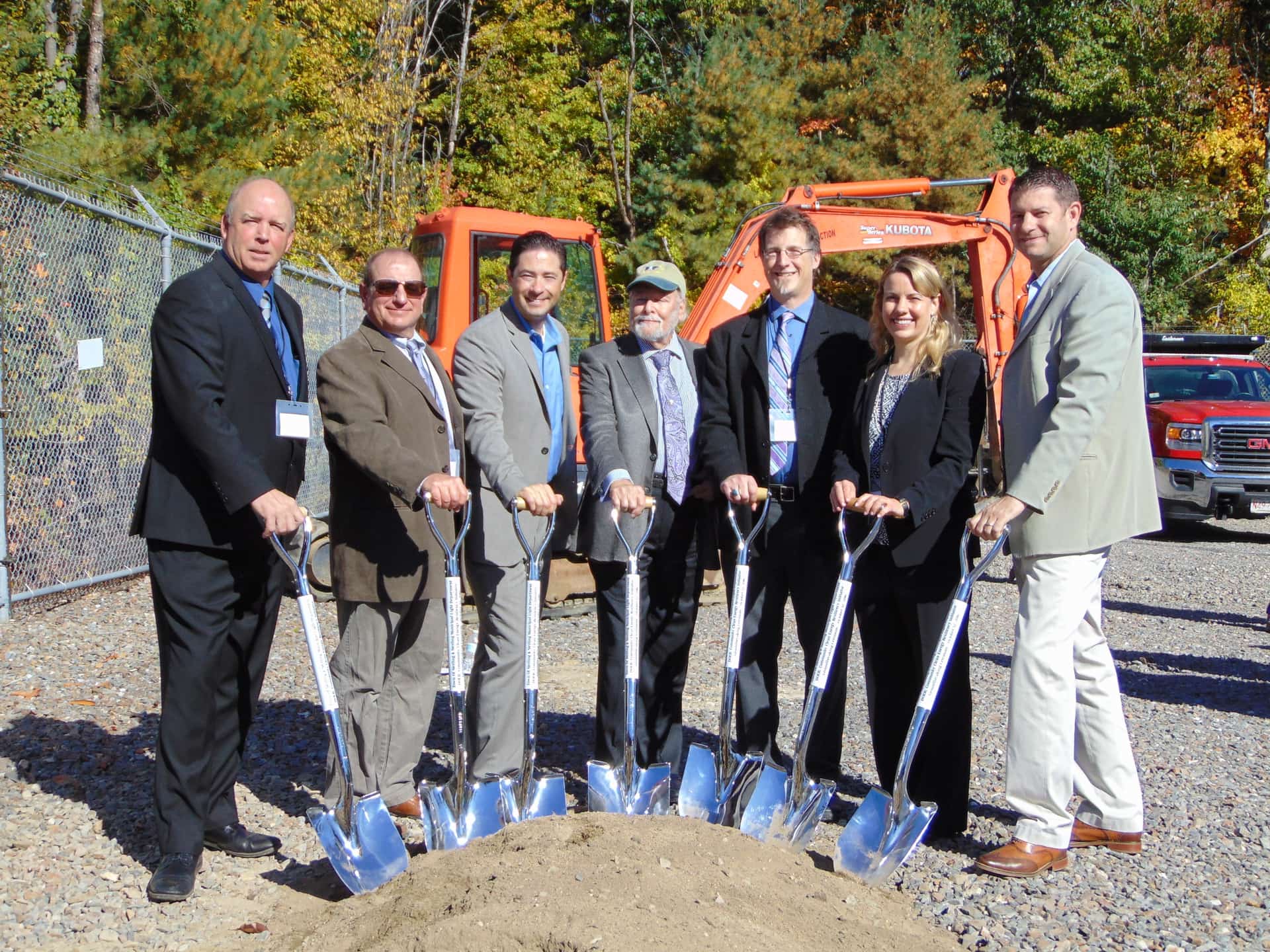
Who We Serve
Clean Energy Group provides support to and collaborates with state and federal agencies, policymakers, nonprofit advocates, utilities, regulatory agencies, energy industry experts, and community-based organizations to advance the development and implementation of accessible and inclusive energy storage policies and regulations. CEG provides information, technical guidance, policy and regulatory design support, and independent analysis to help break down the numerous barriers to energy storage deployment, from information gaps to interconnection delays, which prevent or delay the adoption of energy storage as a tool to achieve local, state, and federal climate, environmental, economic, and social justice goals.
Project Impact
Provided energy storage policy and program development support to numerous states including Maine, Massachusetts, Vermont, Connecticut, New Jersey, Pennsylvania, Maryland, North Carolina, Minnesota, Oregon, Washington, New Mexico, Illinois, Hawaii, Colorado, and the District of Columbia.
Supported the development and implementation of the first battery-based virtual power plant-forming programs in multiple states, including Vermont, Massachusetts, Connecticut, Maine, Rhode Island and New Jersey.
Advocated for the inclusion of equity provisions in state energy storage programs and policy, and established equity best practices for state energy agencies.
Worked closely with state energy agencies and advocacy organizations to integrate energy storage into state energy efficiency plans, unlocking millions of dollars in funding for customer adoption of grid-connected energy storage systems in Massachusetts, Rhode Island, New Hampshire, Connecticut and Maine.
Supported the development of incentive and grant programs providing hundreds of millions of dollars to accelerate the development of energy storage demonstration projects showing how storage can lower peak demand, reduce reliance on fossil fuel power plants, reduce energy system costs, increase renewables integration, and strengthen community resilience in states such as Massachusetts, Connecticut, New Jersey, Maine, Vermont, Washington and Oregon.
Conducted independent analysis on energy storage policy best practices, opportunities and barriers, including such topics as energy storage benefit-cost analysis, interconnection barriers, winter reliability benefits, support for electrification, and opportunities to create virtual power plants.







